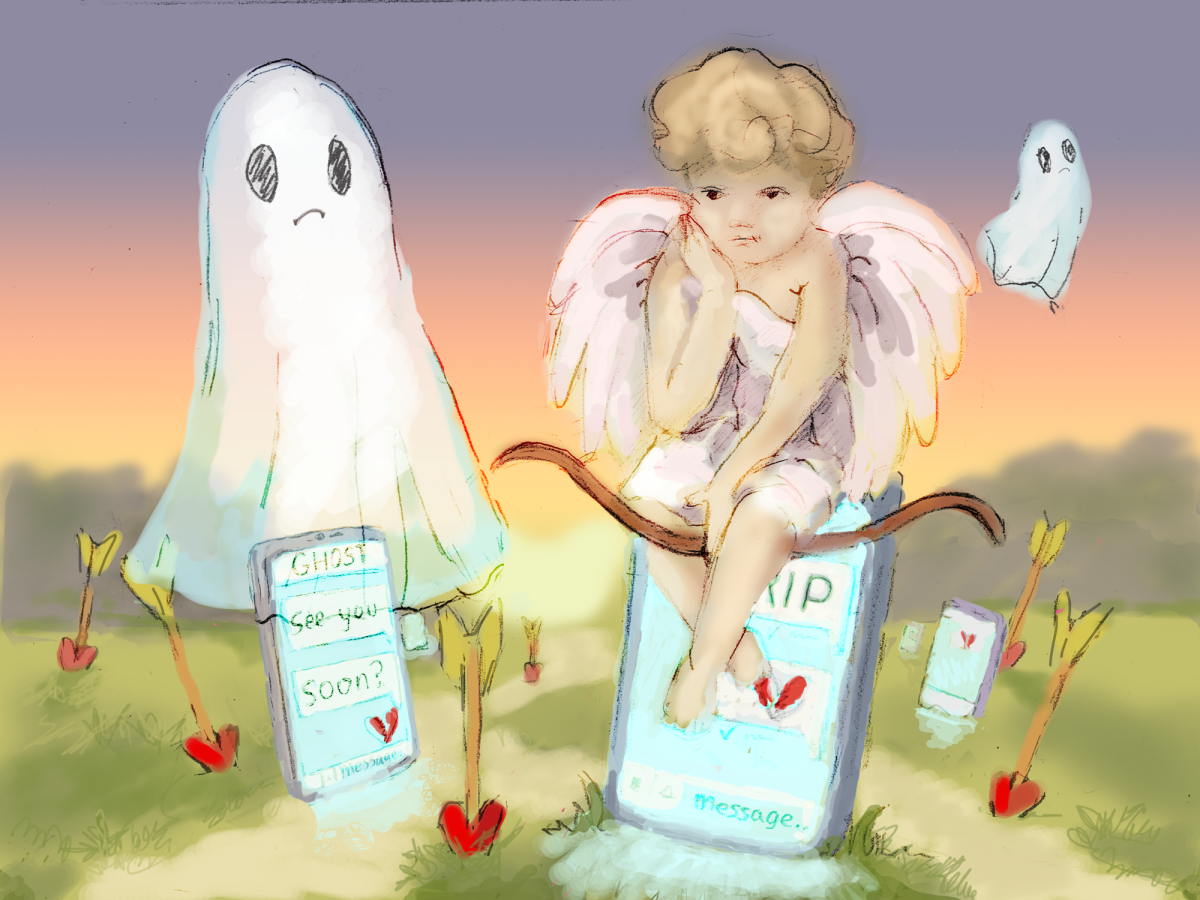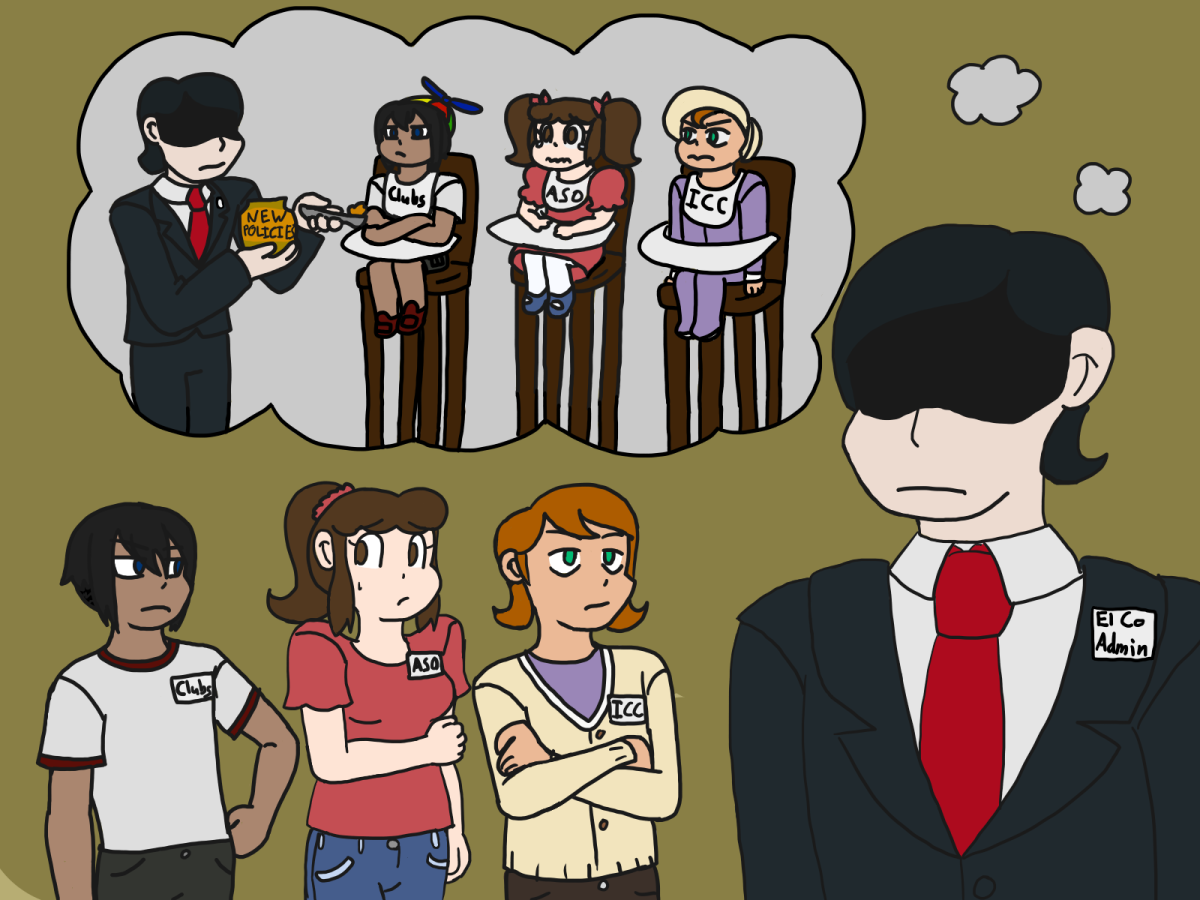No job, out of money and running out of unemployment checks is the reality for millions of Americans today. With more than 15 million people jobless and struggling to survive on their own, maybe the United States should rethink all the “help” it has been handing out around the world.
Ecologist Garret Hardin raises a very valid point in the article “Lifeboat Ethics: The Case Against Helping the Poor.”
“What happens if some organizations or countries budget for accidents and others do not?” Hardin asked. “If each country is solely responsible for its own well-being, poorly managed ones will suffer.”
If the U.S. is constantly going to the rescue of nations that are ill-prepared for disasters, it will never learn to care for itself or its own people. The ill-prepared nations will continually rely on the aid of others instead of fixing their internal problems to begin with. Sometimes lessons need to be taught the hard way.
Say the U.S. does decide to help these troubled nations; there is no way to tell if the aid given would be used properly when their inability to save important resources for survival has already been displayed. When the country is already overpopulated with people who do not have the ability to care for their land and resources, it only ensures the destruction of what assets remain.
“If a pasture becomes a commons open to all, the right of each to use it may not be matched by a corresponding responsibility to protect it,” Hardin said.
Stuck in its own age of turmoil and recession, the U.S. must save its resources and work on fixing its own problems, just like it should expect of other countries. The U.S. continues to hand out aid to its global neighbors, but what about its own citizens? Their survival is just as important.
“Suppose we decide to preserve our small safety factor and admit no more to the lifeboat,” Hardin said. “Our survival is then possible, although we shall have to be constantly on guard against boarding parties.”
Citizens of the U.S. cannot discount the importance of their survival and right to flourish because another comes along trying to climb into their lifeboat. The responsibility of the U.S. is to its own citizens. The U.S. is not responsible to those who cannot learn to help themselves.
To those who are guilt-ridden over their space in the lifeboat and cannot agree with self-preservation, there is only one reply.
“Get out and yield your place to others,” Hardin said.




